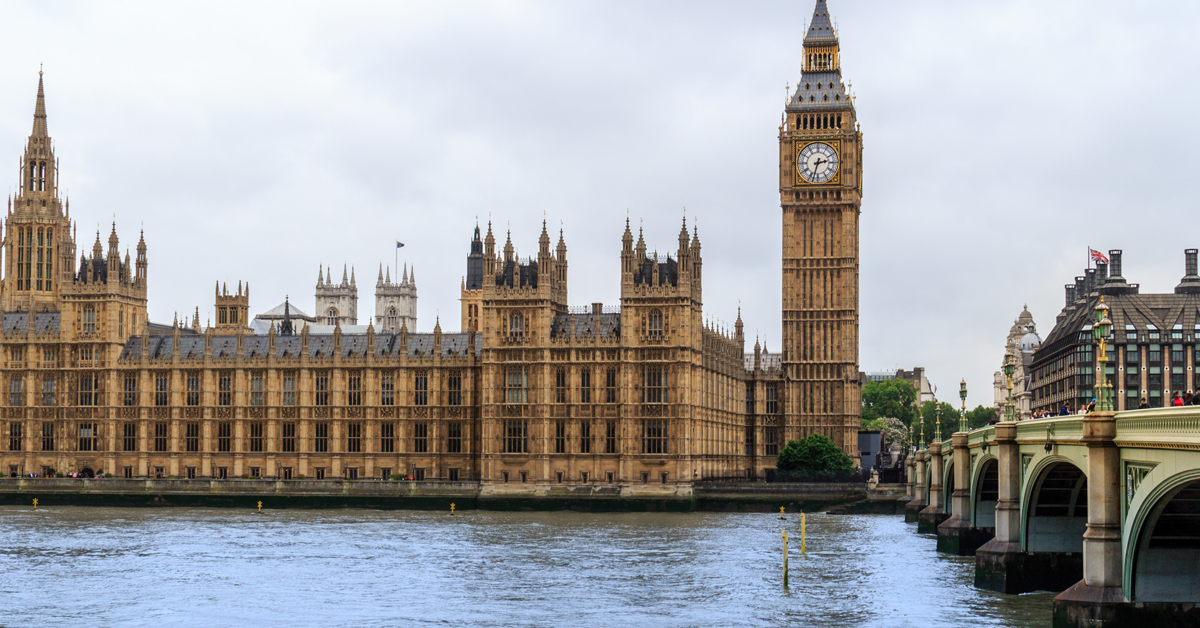The United Kingdom government’s proposal to balance the use of online content for artificial intelligence (AI) training with protecting artists’ rights has been rejected by major tech companies, including Google and OpenAI. These industry leaders argue that a broad exception for text and data mining (TDM) would be more effective in fostering innovation while addressing copyright concerns. This debate highlights the tension between technological progress and safeguarding creative rights.
UK Government’s Proposal: Balancing AI Development and Copyright Protections
In December, the UK government unveiled a framework designed to regulate how AI developers use creators’ online content for training purposes. The proposal allows AI companies to use copyrighted material unless rights holders explicitly opt-out. Additionally, it mandates transparency from AI developers regarding the sources of creative materials used in their training processes.
The government’s approach aims to create a system where creators retain control over their intellectual property while enabling AI innovation. However, this opt-out model has sparked controversy among stakeholders, with artists fearing exploitation and tech companies raising concerns about feasibility.
OpenAI’s Position: Advocating for Broad TDM Exceptions
OpenAI, the creator of ChatGPT, has criticised the opt-out model, citing significant implementation challenges. According to OpenAI, unclear standards in jurisdictions like the European Union make it difficult for AI developers to determine which works can be accessed legally. The company argues that imposing transparency requirements that exceed those in other regions could discourage AI businesses from operating in the UK.
Instead, OpenAI supports a broad TDM exception that would permit using copyrighted material for training commercial models without requiring explicit permission from rights holders. The company claims this approach would stimulate AI innovation and investment in the UK while mitigating potential harm to copyright owners.
OpenAI emphasises that such an exception could be structured to balance the needs of AI development with protections for creators. However, critics argue that this stance prioritises corporate interests over individual creators’ rights.
Google’s Perspective: Expanding TDM Exceptions for Commercial Use
Google has also voiced support for a TDM exception but further advocates its application for commercial and non-commercial uses. This stance aligns with Google’s longstanding position on TDM but has faced resistance from creative industries. In February 2023, plans to allow TDM exceptions for commercial purposes were abandoned following widespread criticism.
In response to the UK government’s proposal, Google clarified its support for the opt-out model but noted that this does not equate to remuneration rights for creators whose content is used in training data. Under the proposed framework, rights holders would have the option to negotiate licensing agreements with AI companies.
However, Google has described the transparency requirements outlined in the proposal as excessive. The company argues that such obligations could impede AI development and undermine the UK’s competitiveness in the global AI landscape.
Artists Push Back: Protecting Creative Rights
The UK government’s decision to revise copyright laws favouring AI development has sparked outrage among artists and creative organisations. Critics argue that placing the burden on creators to opt out of AI training, rather than requiring companies to seek consent, undermines their ability to control and monetise their work.
Prominent groups such as the Independent Society of Musicians and Publishers Association have voiced concerns about eroding copyright protections. They argue that these changes could disproportionately benefit tech giants at the expense of individual creators.
Last month, over 400 artists, including Paul McCartney, Ben Stiller, and Cate Blanchett, signed a letter urging action against AI companies accused of exploiting copyrighted works without permission. This collective effort underscores the growing resistance among artists against perceived encroachments on their intellectual property.
Implications for Stakeholders: Navigating Competing Interests
The debate over TDM exceptions highlights competing interests between tech companies seeking innovation-friendly regulations and artists advocating for stronger copyright protections. While tech giants argue that broad exceptions will foster investment and growth in the UK’s AI sector, creators fear losing control over their work and facing financial disadvantages.
Striking a balance between these interests remains a complex challenge for policymakers. Fostering an environment conducive to technological advancement is essential for maintaining global competitiveness while ensuring fair compensation and consent mechanisms for creators is crucial for preserving artistic integrity.
Future Outlook: Bridging Innovation and Copyright Protections
As discussions continue, both sides will likely push for revisions to address their concerns. For tech companies like OpenAI and Google, achieving clarity on transparency requirements and expanding TDM exceptions remains a priority. Meanwhile, artists will continue advocating for default consent mechanisms and fair remuneration practices.
The outcome of this debate will shape the UK’s approach to AI regulation and its position as a leader in balancing innovation with ethical considerations. Policymakers must carefully navigate these dynamics to ensure that advancements in artificial intelligence do not come at the expense of creative rights.



